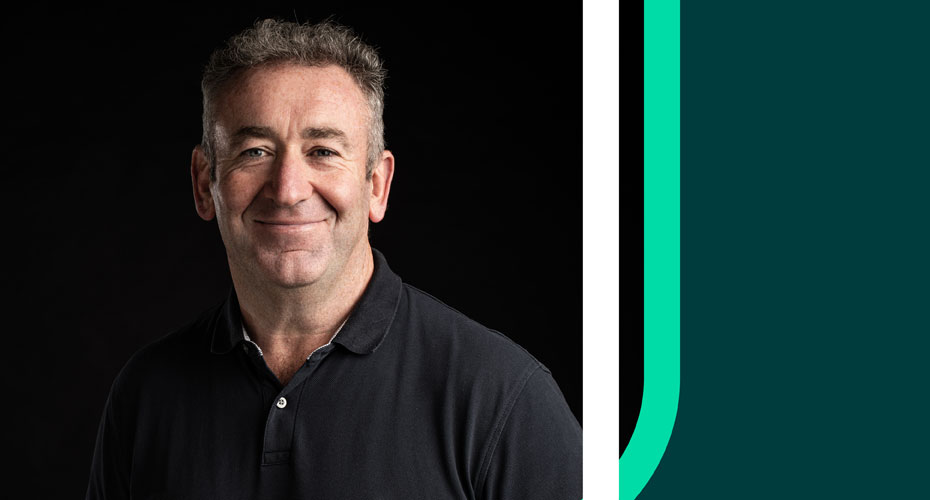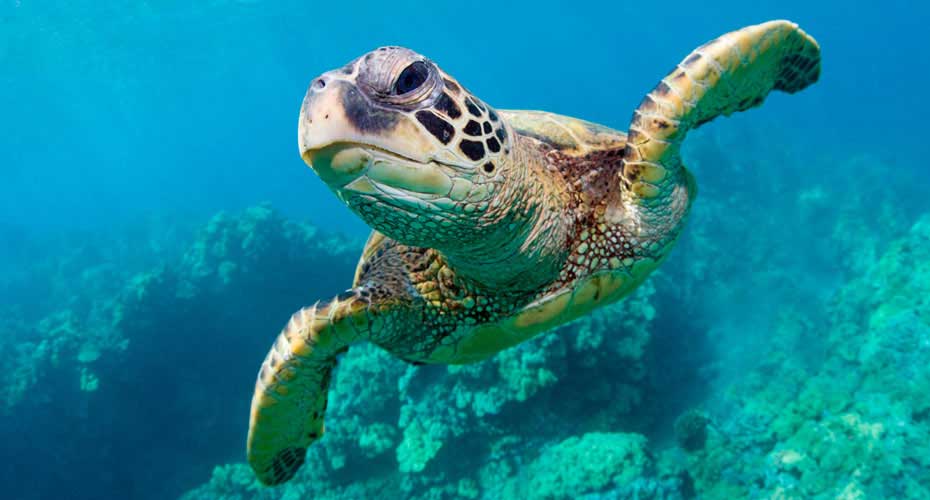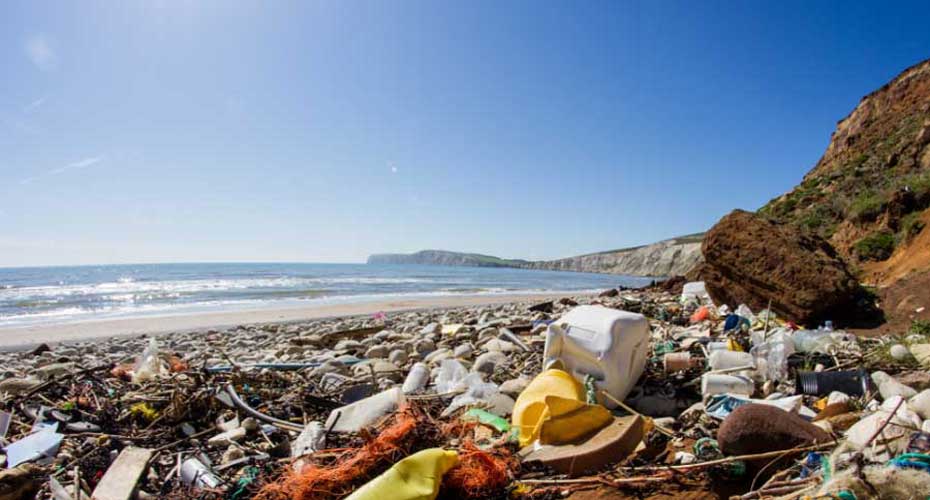Callum Roberts
Professor of Marine Conservation
My research focuses on threats to marine ecosystems and species and on finding the means to protect them. My team provided the scientific underpinning for the world’s first network of high seas protected areas in the north Atlantic, and for a new ocean protection target – 30% by 2030 – adopted as a global goal in 2022. I lead the Convex Seascape Survey, a multinational effort to understand and sustain the carbon capturing capacity of the world’s coastal seas. I was chief scientific advisor for the BBC’s Blue Planet II and advise Blue Marine Foundation and the Maldives Coral Institute.










